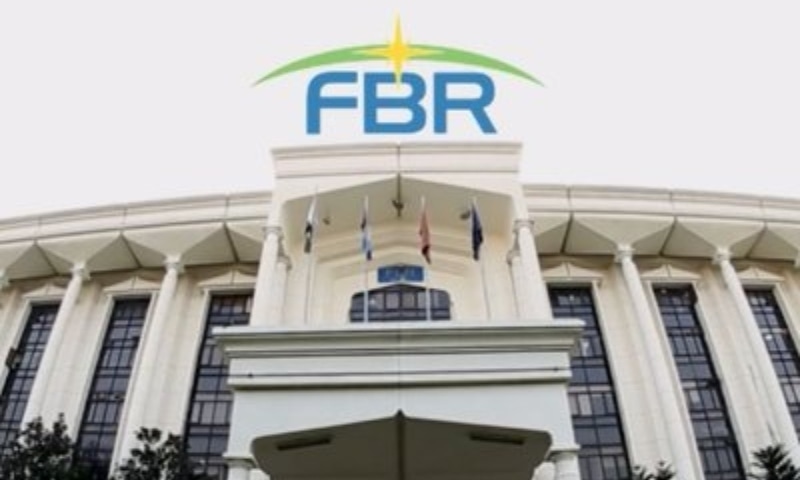Tier-1 cigarette prices (Goldleaf, etc.) are expected to increase by Rs. 20-30 per pack as the government implements a new ordinance imposing taxes totaling Rs. 70 billion on various industries.
Tier-2 cigarettes (Capstan, etc.) are likely to rise by Rs. 10 per pack. The newly issued ordinance, which indicated a total tax of Rs. 38 billion on cigarettes and tobacco, was signed by the President on Monday.
The cigarette business would bear the majority of the burden, with the remaining Rs. 2 billion coming from tobacco manufacturing.
Previously, the tax on tobacco manufacturing was just Rs. 10 per kg, but the existing government raised it to Rs. 390 per kg.
Federal Excise Duty on locally manufactured cigarettes, on the other hand, has been increased from Rs. 5900 per 1000 sticks to Rs. 6,500 per 1000 sticks for tier-1 cigarettes and from Rs. 1850 per 1000 sticks to Rs. 2050 per 1000 sticks for tier-2 cigarettes.
The cigarette tax was imposed to cover a Rs. 15 billion shortfall caused by the government’s decision to cut the retail tax target from Rs. 42 billion to Rs. 27 billion.
Read Also: Pakistan will get $1.17 billion from the IMF within six days of board approval: SBP.
To cover the gap, the Finance Ministry proposed a Rs. 18 billion tax on cigarettes and the tobacco industry; however, the Prime Minister approved a Rs. 36 billion tax increase.
Furthermore, the government has imposed high regulatory taxes (RDs) on the import of luxury items.
The ordinance imposes additional tariffs ranging from 10% to 100% on the import of all sorts of foreign autos, mobile phones, and household goods.
Experts anticipate the RDs will only pay $1.2 billion of the total import cost. The Ministry of Commerce estimates that the taxes would reduce imports by 60% to 70%, reducing the total bill by just $720 million to $840 million.
Read Also: India fires three officers for misfiring a missile towards Pakistan.
Additionally, an extra regulatory charge has been placed on imported musical instruments, furniture, clothing, footwear, and food goods such as meat, fish, fruits, and vegetables.











